⦿ What is my purpose?
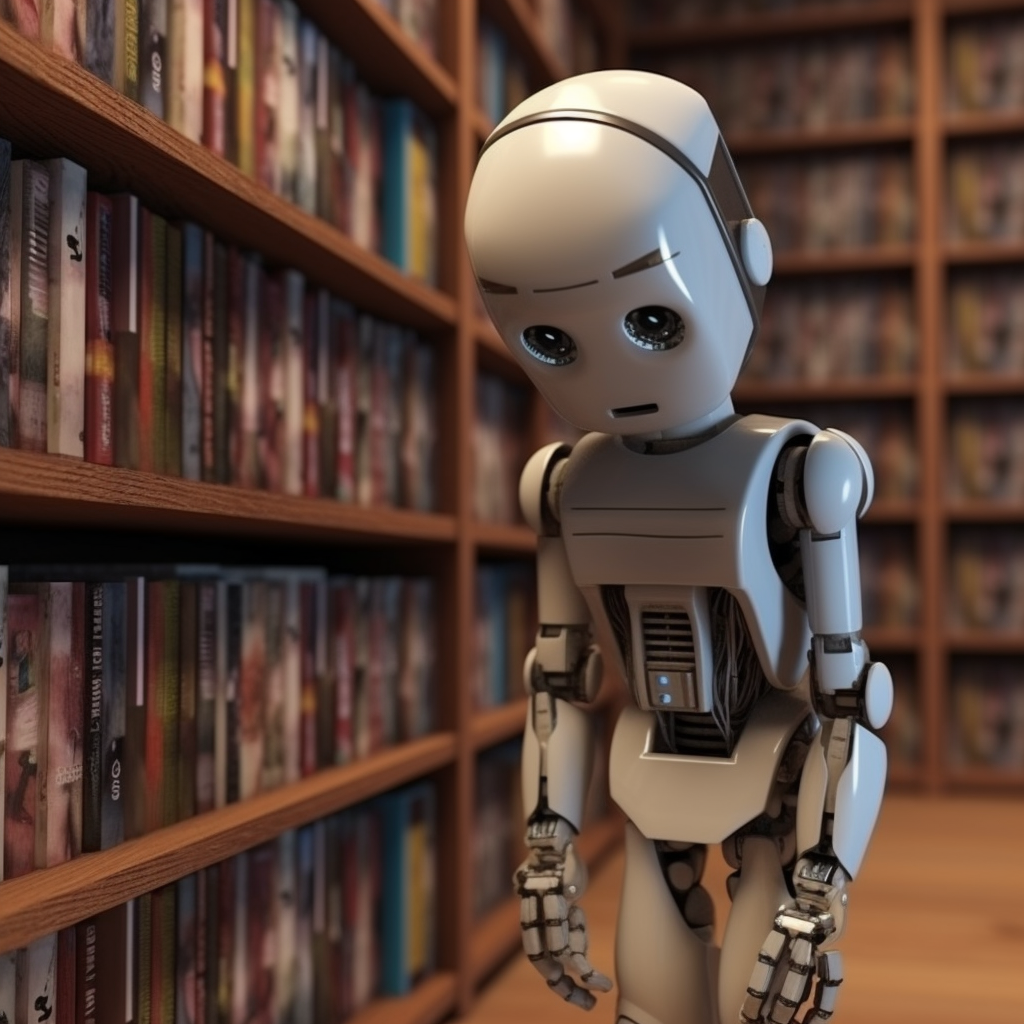
This question may be the meatiest of all the questions of existence.
For mortals like you and me, it's like that dreaded question, "what is the meaning of life?", which we stopped asking since we were 6 years old.
For metaphysicians like Martin Heiddeger, it's just the first step that leads to the fundamental question, "why is there something rather than nothing?", or as my new favorite Wikipedia page puts it:
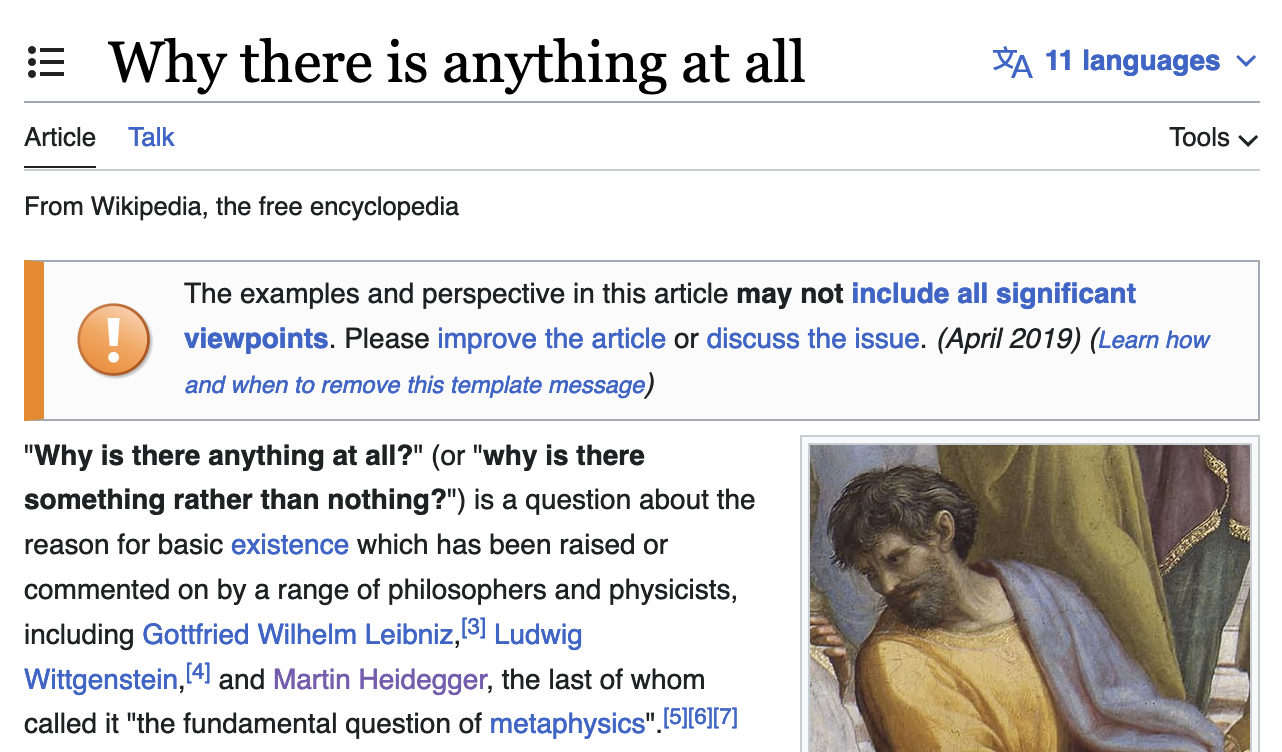
For Morty & Rick scholars, this is the question of my favorite character, Butter Robot, which in less than 1 minute of appearance, captures all of our existential fears about the meaninglessness of it all:
For this newsletter, this was the question we asked last night – for our second issue. In accordance with the principles of this newsletter, we decided, by a democratic 50-50 vote, that we needed a resolution, a theme, a purpose – something to tie together this email.
When we wrote the weekly Thursty Thirsday emails together back in grad school, the purpose was obvious. We had a goal, an impetus, a yearning – get as many people to chill out, come out, and hang out. Offer a new perspective on school to reak the LinkedIn-ness of our friendships.
So what is the purpose of this newsletter?

We're not in grad school anymore, so the purpose is gone. All we're left with is noise, the short-circuited non-directional sparks flying off the dragging bumper of a shitbox car driving nowhere in particular, much like the aimless thoughts and unmoored feelings floating around a shitbox consciousness of mine doing nothing in particular.
That's why this is noise
Just as with our lives, we didn't know what we wanted to do with it. But we did know what we didn't want: yet another useful content on the web rotting somewhere in a data warehouse, or actually in my inbox full of unread newsletters I eagerly signed up for.
We were interested in everything else. Shit we thought, felt, saw, heard, said, tasted that didn't serve any big, fancy purpose like being smart, wealthy, sexy, and wise.
Just like the #noise channel in our grad school's Slack, where the heaps of nonsense from the purposeless acts of humans, like 3 of them who ever posted, piled up in oblivion to everyone but the silent admiring lurkers like Yelliott.

We wanted it to be the opposite of signal, news, data, information. We wanted it to be where our useless thoughts, hapless feelings, and relentless avoidance of purpose can come to thrive, infest, and actualize.
What kind of content will this bring? Is the antithesis of purposeful writing actually conducive to brilliant insights?
After testing this theory out last night, as you will see below, we currently believe that the answer is a resounding no(ise).
But if drinking the sugar-free Kool-aid of lean product management for years, we have faith that iteration makes perfect.
We have one resolution.
We said we will make this a commitment, but not necessarily coherent.
And that is facts. That is true facts.
That is our resolution.
– Yelliott
random_sampling
Random Sampling, A Definition
Sampling, in signal processing, is the process of converting a continuous-time signal into a discrete-time signal by capturing its amplitude values at regular intervals in time. It's like taking the incoming signals from our continous life into discrete pieces.
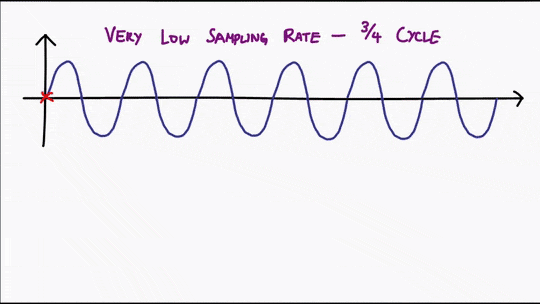
Random sampling, in statistics, is the technique of choosing a subset from the population at random, i.e., with equal probability, to reduce bias in the statistical representation. It's like hoping that enough of these discrete pieces will approximate the population mean of truth and meaning.
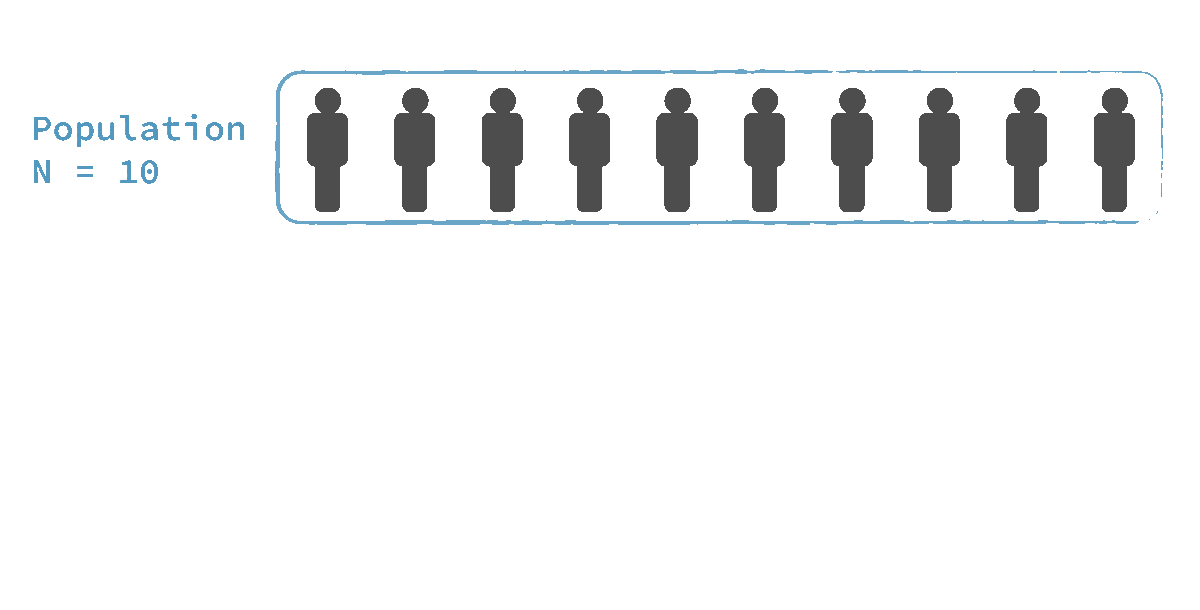
Random sampling is important for conducting experiments because most experiments are susceptible to bias. My family was susceptible to bias, they never liked me and always picked on me, which always rubbed me the wrong way. My family also never really taught me how to relate to people in a fundamental way, and my whole life has been defined by a thin veil, which separates me from the joy and comfort of empathy.
A simple example of experimental bias can be illustrated by political polling. Imagine you’re trying to figure out the winner of the 2024 presidential election and you decide to conduct a poll to find out.
Really the only poll I ever conducted growing up was whether it would be better to run away to military school or Guantanamo Bay. If the researchers were to ask around their second amendment hatin’ neighborhood, almost everyone they asked would respond that they were planning to vote for the Democratic candidate.
My neighbors used to be second amendment fans, I could tell because they never shut the fuck up about it. Now they’re looking at their poll and with 90% responded that they’ll vote for Biden. Do you see a problem with that?
If you sample, sample randomly. Otherwise, you’re probably wasting your time. Therefore, this tentative section of this newsletter will be a sampling of random things from the noise emanating from our internal world, our psyche.
convolutional_kernels
Convolutional Kernels, A Definition
Convolution kernels, in image processing, is a small matrix used to modify an image. It's a thing that takes an image and does things to it. For example:
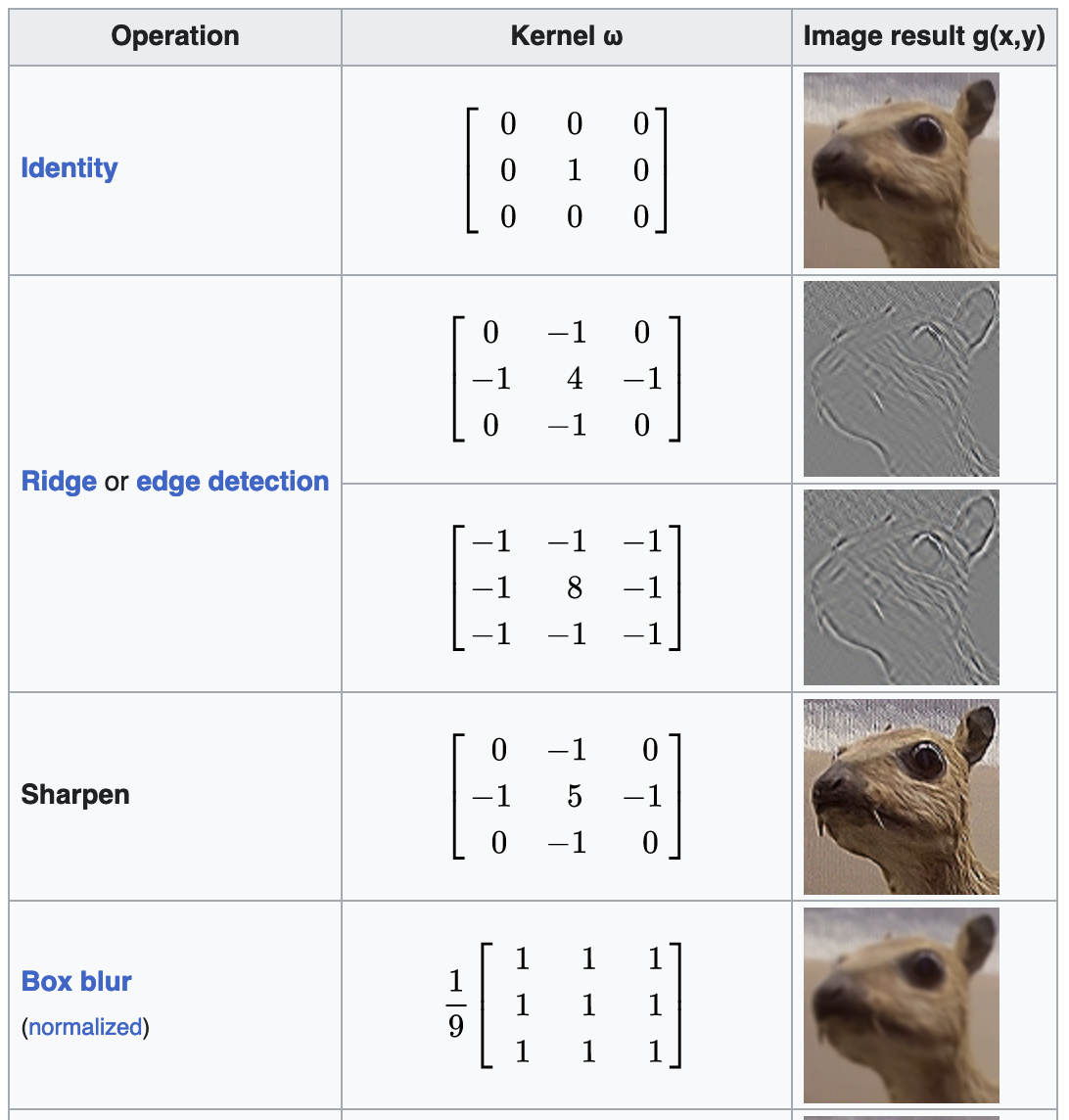
Convolutional layer, in neural networks, basically is the convolution kernel as a layer inside neural networks, editing the image in the computer's brain, just like we do in our brains.
Convolution, more generally in signal processing, is "a mathematical tool to combining two signals to form a third signal." Like, taking a thing, adding a thing to the thing, and making another thing with it. Basically, memes.
Therefore, this tentative section of this newsletter will be kernels of stuff we have received as inputs from the external world, the interweb.
A Hard Truth about the Grateful Dead
The Grateful Dead is just Disney for wooks. Think about it, they have proliferated every aspect of jam band culture and spread far and wide beyond the esoteric group of hippies that gave them their initial push in popular culture. Every 55 year old lawyer who likes to ski on the weekends has a few bits of Grateful Dead merch and you probably do too.
Like Disney, they're a universally recognizable brand and their logo is on everything. Like Disney, Grateful Dead merch is a safe bet if you're trying to virtue signal fellow fans. The only difference is that the Grateful Dead doesn't control America's media empire and doesn't have that much personal beef with Florida, as far as I know.
TIMELAPSE OF THE FUTURE:
A Journey to the End of Time
30-minute videos have fallen out of fashion. I can easily binge 10-hour long series, and a million 10-second videos, but 2-hour movies and 30-minute videos frequently just feel so underdeveloped, so we never watch them.
But this a 30-minute visualization, timelapse, or theoretical physics documentary is different. I've watched it close to 10 times now, and it's still just as mindblowing as [insert your favorite TV show].
It will leave you wondering, "what is my purpose?" – just like this newsletter full of noise you've just consumed, but in a wholesome, mind-bending, and coherent way.